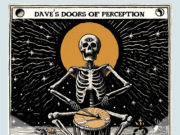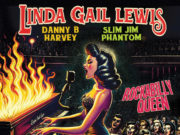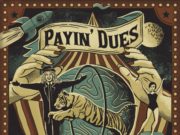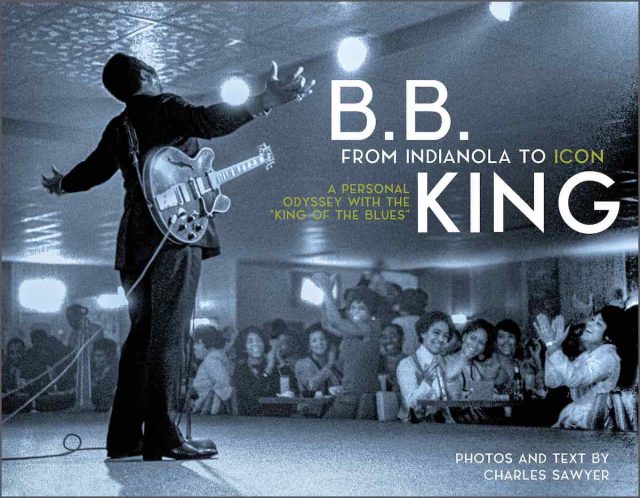What do you want to read about next week? If the list includes B.B. King and Blondie, punks and philosophy, or superstars of the ’70s, you’re in luck. Read on:
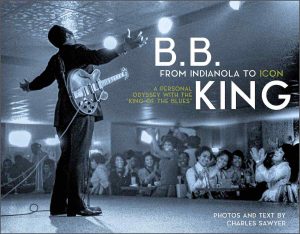 B.B. King: From Indianola to Icon: A Personal Odyssey with the King of the Blues
B.B. King: From Indianola to Icon: A Personal Odyssey with the King of the Blues
By Charles Sawyer
THE EDITED PRESS RELEASE: “This book documents a great American story, that of B.B. King, one of America’s most important popular musicians. With fascinating images and history — most published for the first time — it traces his migration from the Chitlin’ Circuit (the national network of Black theaters and roadhouses), to Club Ebony in his hometown of Indianola, Miss., and eventually to Carnegie Hall. What was it about Riley B. King that enabled him to become the worldwide ‘King of the Blues’? The author’s quest to answer that question is chronicled here and tells the story of the once-impossible friendship between someone who grew up poor and Black in Mississippi and the white middle-class New Englander who fell in love with the blues and was determined to tell the story of his musical hero. King thrilled his audiences not only with his musical prowess, but with his capacity to establish intimacy, regardless of crowd size; he gave an estimated 18,000 concerts in 90 countries. B.B. King: From Indianola to Icon tells the story of King’s journey from sharecropper to musical icon, one who brought the music of America — the blues — to the world. It is a book for blues fans and others who want to know how and why this transformation occurred.”
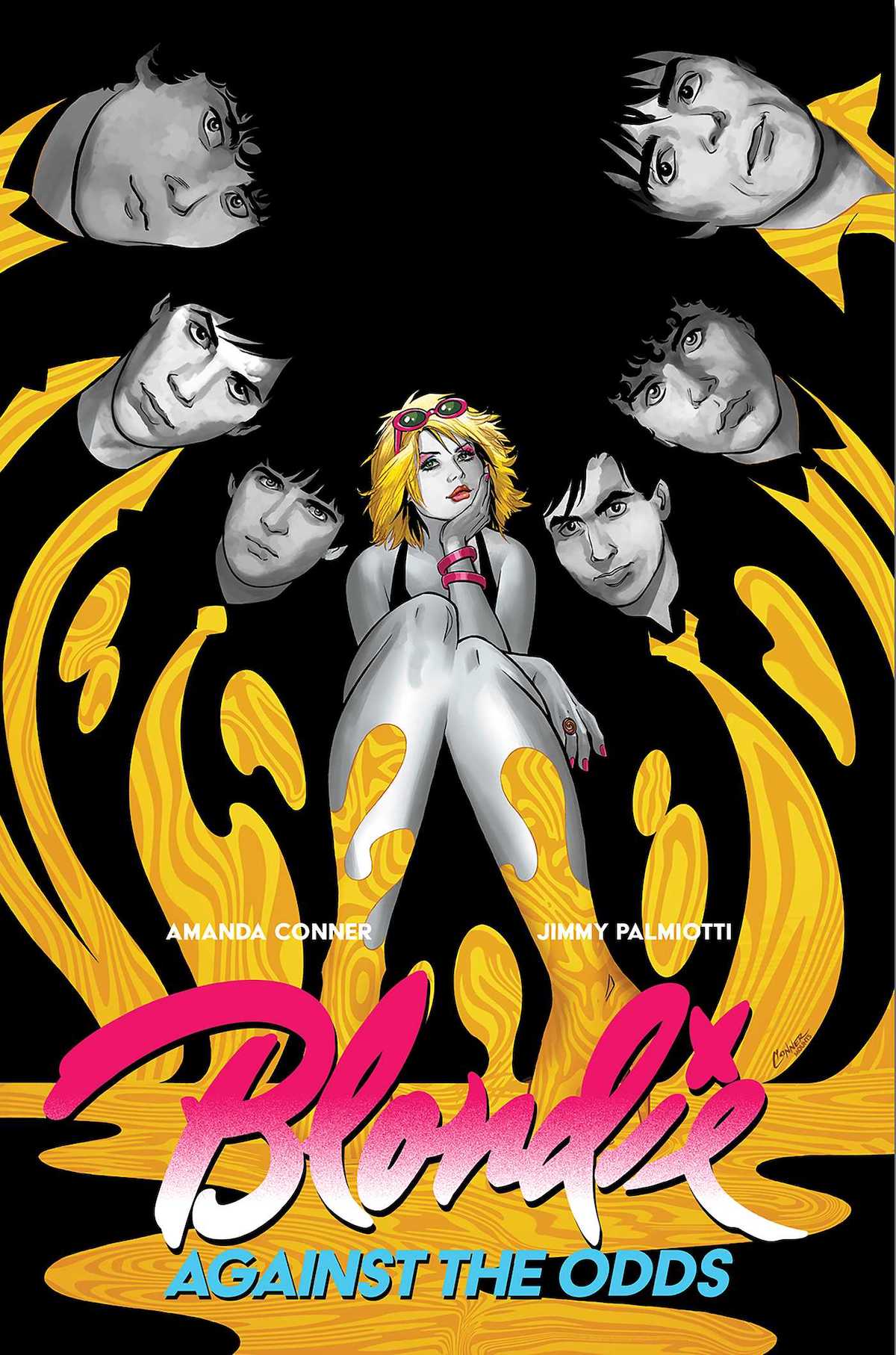 Blondie
Blondie
By Jimmy Palmiotti & Amanda Connor
THE EDITED PRESS RELEASE: “Combining an imaginative take on an oral history of the band, interspersed with artistic interpretations of 10 songs from their catalog, Blondie: Against The Odds captures the friction of N.Y.C. as the band fought their way to prominence, as well as the power and energy contained within the songs that fueled their rise to legendary status.”
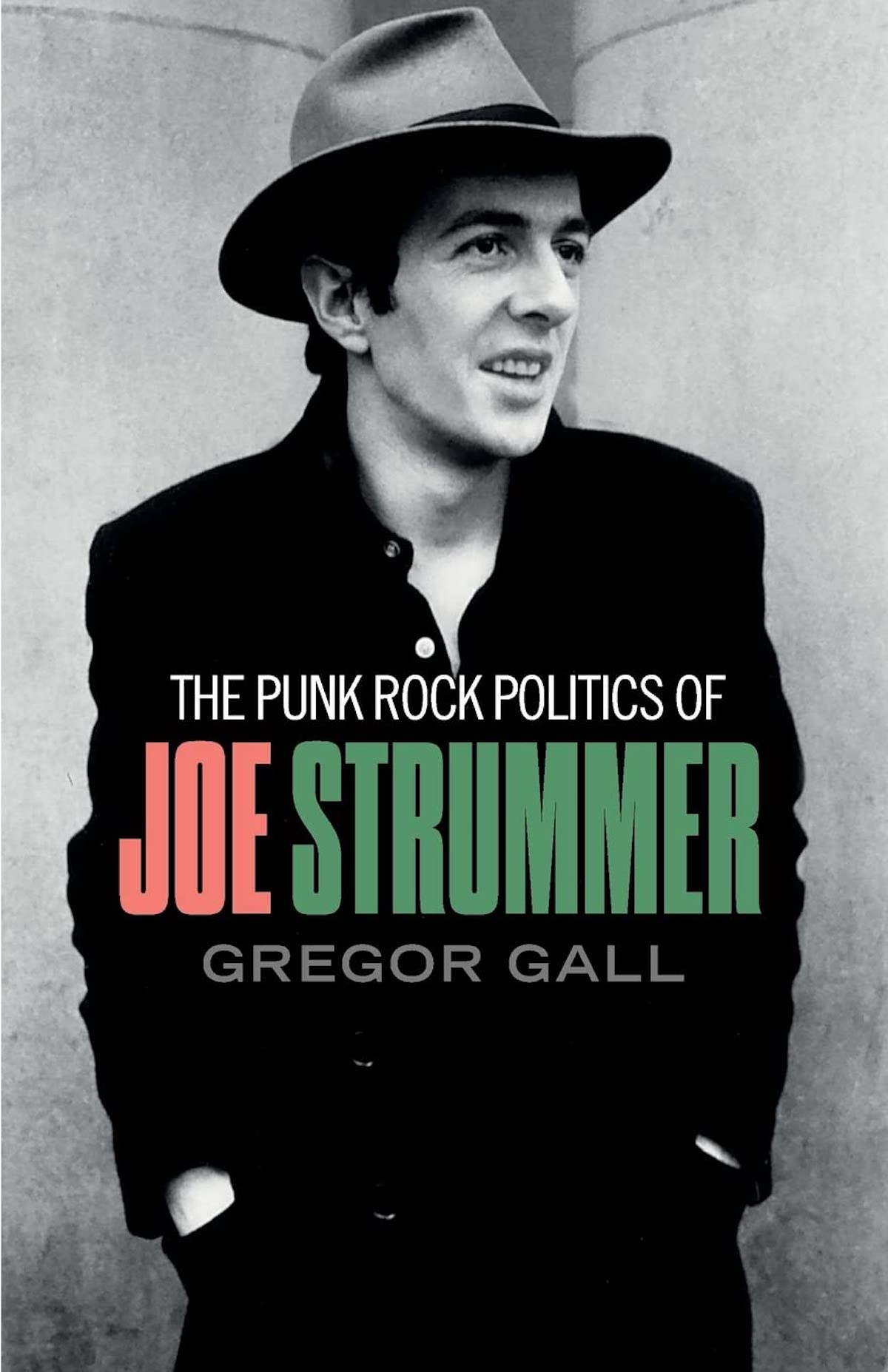 The Punk Rock Politics of Joe Strummer: Radicalism, Resistance And Rebellion
The Punk Rock Politics of Joe Strummer: Radicalism, Resistance And Rebellion
By Gregor Gall
THE EDITED PRESS RELEASE: “Joe Strummer was one of the 20th century’s iconic rock ’n’ roll rebels. As frontperson, spokesperson and chief lyricist for The Clash, he played a major role in politicising a generation through some of the most powerful protest songs of the era, songs like White Riot, English Civil War and London Calling. At the heart of this protest was the struggle for social justice and equality. The Punk Rock Politics of Joe Strummer examines his beliefs on a range of issues — including socialism, alienation, exploitation, multiculturalism and humanism — analysing their credibility, influence and impact, and asking where they came from and how they developed over time. Drawing on Strummer’s lyrics, various interviews and bootleg recordings, as well as interviews with those he inspired, The Punk Rock Politics of Joe Strummer takes the reader on a journey through the political influences and motivations that defined one of the U.K.’s greatest punk icons.”
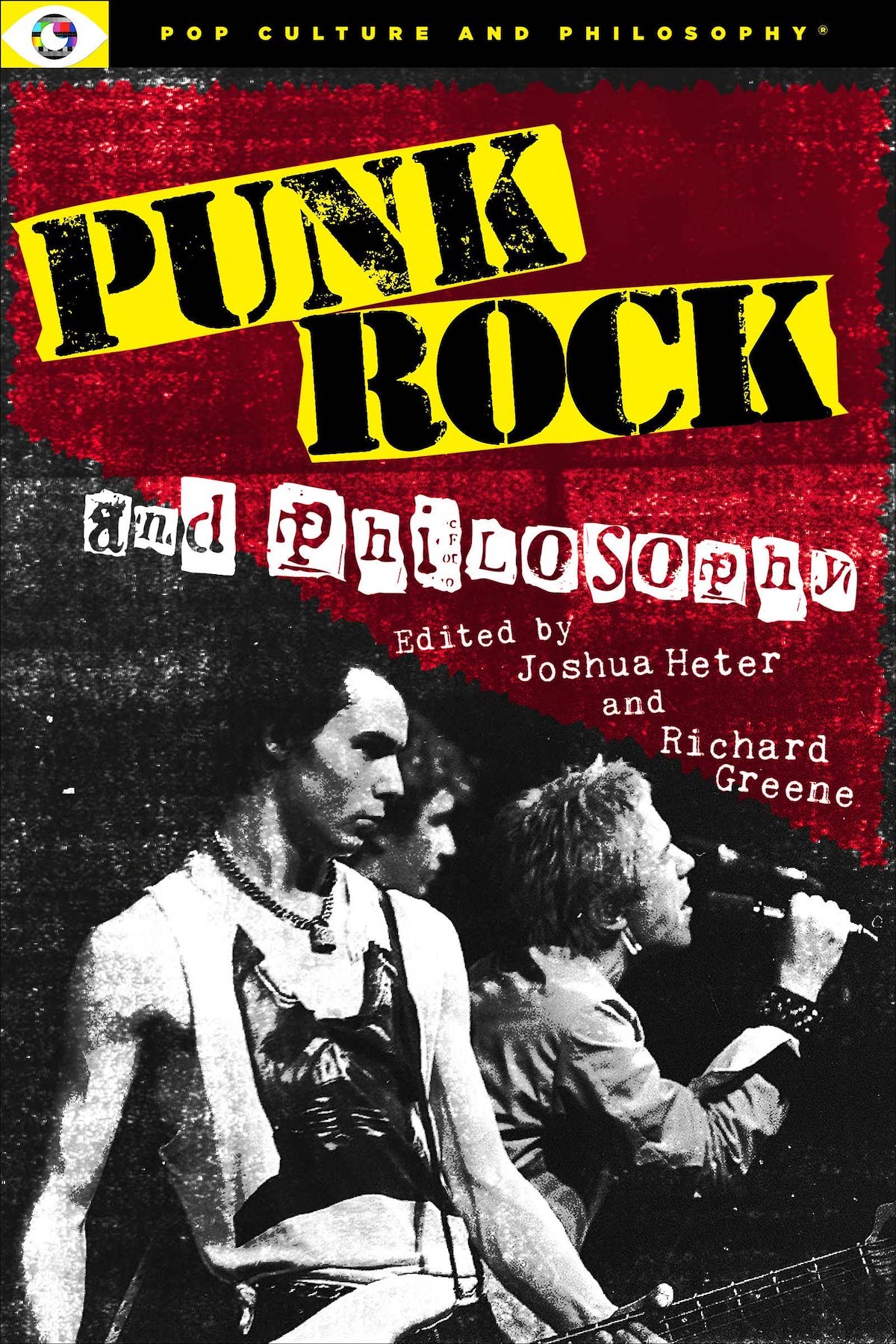 Punk Rock and Philosophy
Punk Rock and Philosophy
By Joshua Heter & Richard Greene
THE EDITED PRESS RELEASE: “All that is solid melts into air, all that is holy is profaned, and man is at last compelled to face with sober senses, his real conditions of life, and his relations with his kind.” Karl Marx could have been thinking of punk rock when he wrote these words in 1847, but he overlooked the possibility that new forms of solidity and holiness could spring into existence overnight. Punk rock was a celebration of nastiness, chaos, and defiance of convention, which quickly transcended itself and developed its own orthodoxies, shibboleths, heresies, and sectarian wars. Is punk still alive today? What has it left us with? Does punk make any artistic sense? Is punk inherently anarchist, sexist, neo-Nazi, Christian, or — perish the thought — Marxist? When all’s said and done, does punk simply suck? These obvious questions only scratch the surface of punk’s philosophical ramifications, explored in depth in this unprecedented and thoroughly nauseating volume. Thirty-two professional thinkers-for-a-living and students of rock turn their X-ray eyes on this exciting and frequently disgusting topic, and penetrate to punk’s essence, or perhaps they end up demonstrating that it has no essence. You decide.”
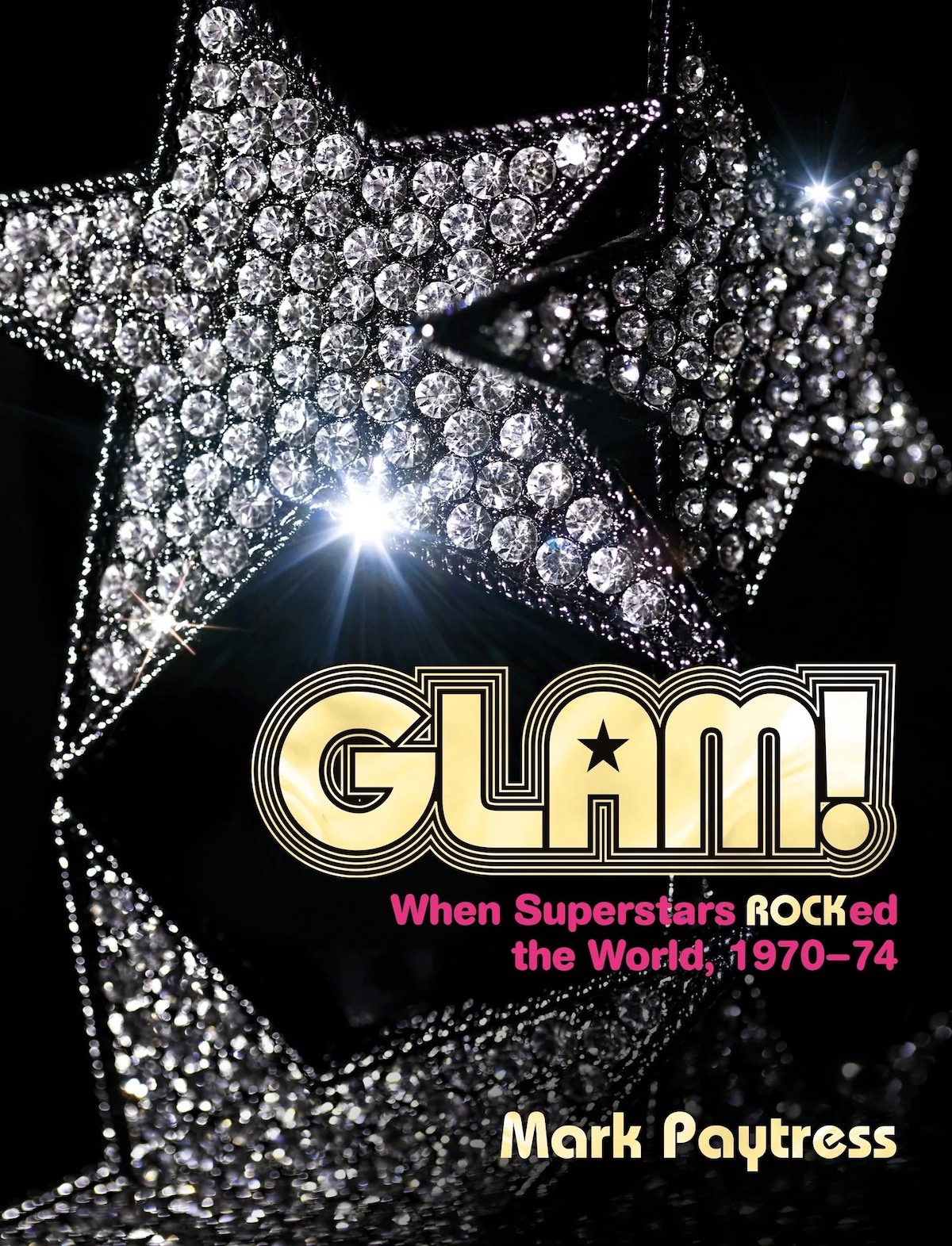 Glam!: When Superstars Ruled the World, 1970-74
Glam!: When Superstars Ruled the World, 1970-74
By Mark Paytress
THE EDITED PRESS RELEASE: “Drawing on interviews with stars and musicians, producers and photographers, stylists, writers and celebrity fans, Glam! chronicles the glam era from its origins in 1970, through its 1972/’73 heyday to its mid-’70s collapse and the death of Marc Bolan in September 1977. Fully illustrated throughout, the book includes a wealth of visual material, be it band shots, record sleeves, and pin-up posters, or the era’s best clobber, magazines, and assorted memorabilia.”
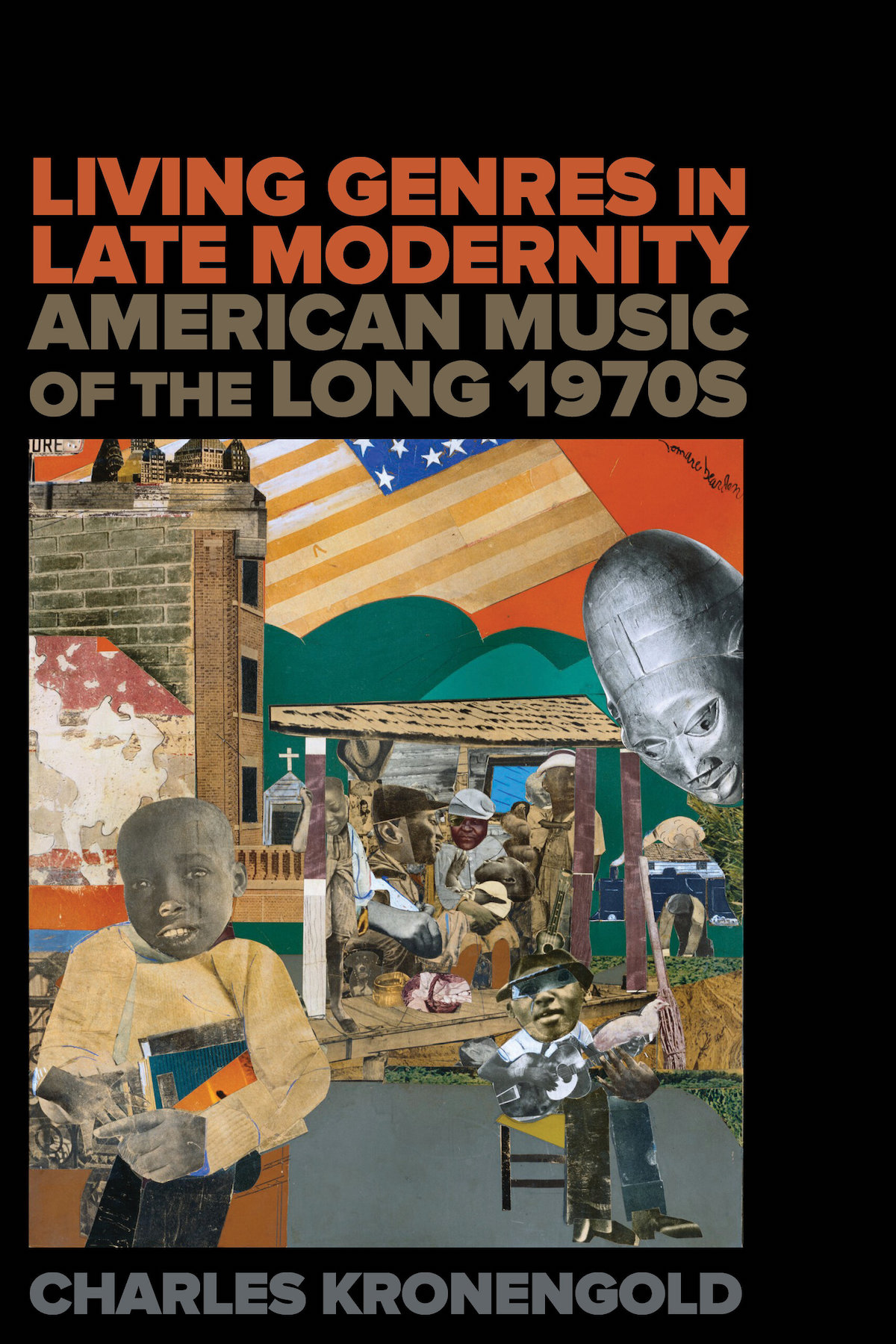 Living Genres in Late Modernity: American Music of the Long 1970s
Living Genres in Late Modernity: American Music of the Long 1970s
By Charles Kronengold
THE EDITED PRESS RELEASE: “Living Genres in Late Modernity rehears the American 1970s through the workings of its musical genres. Exploring stylistic developments from the late 1960s through the early 1980s, including soul, funk, disco, pop, the nocturne, and the concerto, Charles Kronengold treats genres as unstable constellations of works, people, practices, institutions, technologies, money, conventions, forms, ideas, and multisensory experiences. What these genres share is a significant cultural moment: they arrive just after the ’60s and are haunted by a sense of belatedness, loss, or doubt, even as they embrace narratives of progress or abundance. These genres give us reasons — and means — to examine our culture’s self-understandings. Through close readings and large-scale mappings of cultural and stylistic patterns, the book’s five linked studies reveal how genres help construct personal and cultural identities that are both partial and overlapping, that exist in tension with one another, and that we experience in ebbs and flows.”


